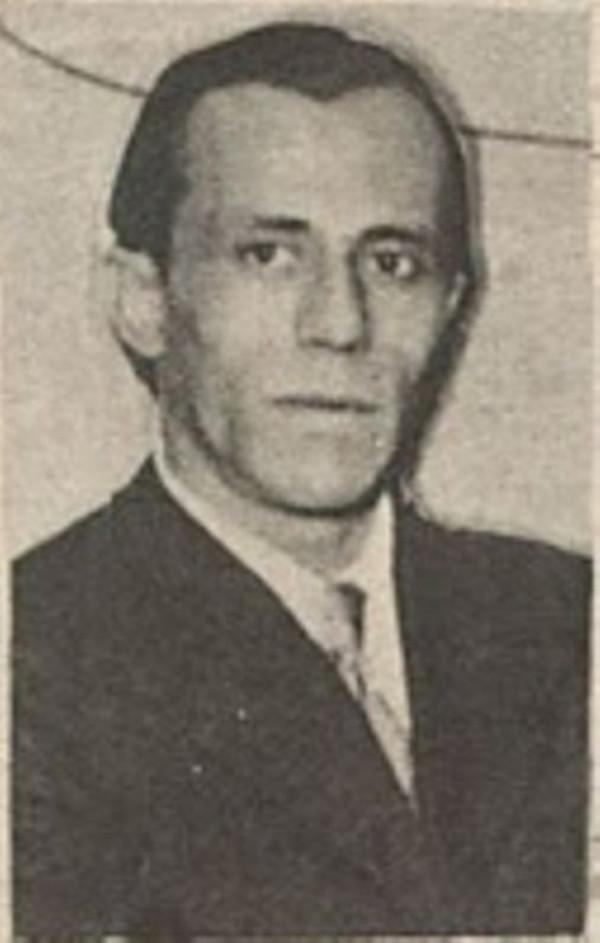
Eratóstenes Frazão
BR
Composer
A.k.a. Eratóstenes Alves Frazão
(Rio de Janeiro, January 17, 1901 - April 17, 1977) was a Brazilian composer and journalist. Son of conductor Sebastião Alves Frazão, he learned flute and guitar from twelve years, studied music theory with Abdon Lira at the Military College of Rio de Janeiro. He later studied at the Medical and Veterinary School, but opted for journalism, starting his career in the newspaper O Paiz. He passed by several newspapers in Rio de Janeiro until he moved to São Paulo in 1926, where he remained for some years. He returned to Rio as a parliamentary chronicler, in addition to writing in the newspapers A Manhã, Crítica, A Noite, Gazeta de Notícias etc. He wrote for theater, but it was with his partner that he produced dozens of carnival marches. He was part of the group of composers who met at Café Nice. His first recorded composition was the parody O sem trabalho - on the melody of Sussuarana (Hekel Tavares) - in 1931, in Parfophon, by Luis Antônio, pseudonym used by , its future partner of carnival successes and great friend. He made his radio debut in 1934, as a producer, in the Casé Program on Radio Philips, and later moved to Radio Educadora and later to Rádio Guanabara. In partnership with , he won the Carnival Music Contest, promoted by the prefecture of the former Federal District, in 1935, with Coração ingrato, recorded by Silvio Caldas, in Odeon, and in 1939 with Florisbela, his greatest success, also recorded by Silvio Caldas, in Odeon. It was awarded in the same contest, in 1941, with Nós queremos uma valsa (also with Nássara), recorded by Carlos Galhardo, in Victor. A founding member of ABCA, he participated in the founding of UBC in 1942. In that year, he again won the Carnival Music Contest, with Lero-lero (with Benedito Lacerda), recorded by Orlando Silva at Victor. In 1946 and in 1947 he distinguished himself with two compositions made with Roberto Martins, O cordão dos puxa-sacos, released on Victor Records by the band Anjos do Inferno, and Marcha dos gafanhotos, recorded by Albertinho Fortuna at Continental. Elected president of UBC in 1948, he held the position for two years and in 1952 participated in the South American Conference of Copyright in Santiago, Chile. Other successes of his were Chuva miúda, engraved by Silvio Caldas, in the Victor; A voz do povo, played by Orlando Silva, in Victor; Quem cantar meu samba, launched by Orlando Silva, in Victor; Fica doido varrido (with Benedito Lacerda), sung by Silvio Caldas, in Victor, and Choro do bebê (with Maria Gomes), recorded by Orlando Silva, in Copacabana.
